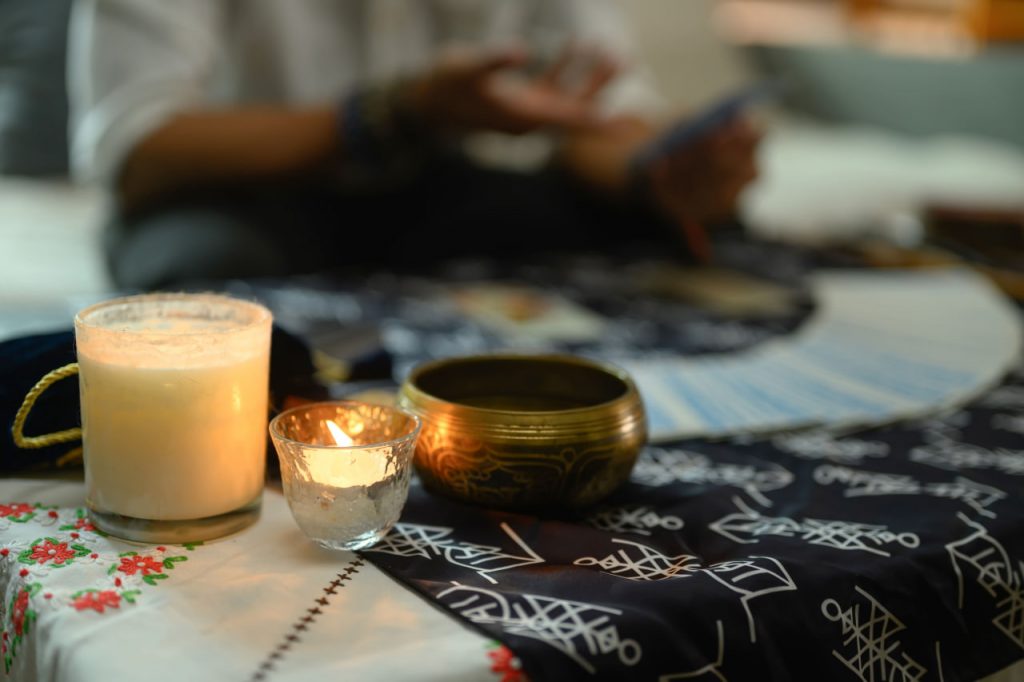In a culture that praises busyness and constant stimulation, the act of slowing down is not just an indulgence — it’s a biological necessity. Our bodies and minds are not designed to operate in overdrive indefinitely. Evening rituals help us recalibrate, and here’s why they matter more than you might think.
Your Nervous System Needs a Signal
Throughout the day, most of us are in a state of sympathetic activation — often referred to as “fight or flight” mode. Emails, meetings, traffic, notifications — it all keeps our systems alert. A slow evening routine activates the parasympathetic nervous system — your “rest and digest” state. This shift is essential for sleep, digestion, and emotional recovery.
Sleep Quality Begins Before You’re in Bed
A rushed evening filled with screens and to-dos tricks the brain into thinking it’s still daytime. Melatonin, the hormone responsible for sleep, is suppressed by blue light and stress. But dim lighting, calming music, and soft movements can signal the brain: It’s safe. You can rest now. People who follow gentle routines before bed fall asleep faster and experience deeper sleep cycles.
Emotional Clarity Emerges in Stillness
In stillness, we process the emotional residue of the day. Journaling, quiet reflection, or even simply sitting in silence gives space for clarity. Without this pause, emotions can accumulate and show up as anxiety, irritability, or restlessness — especially at night.
Creativity Lives in Quiet Moments
Some of the most profound thoughts arise when we’re not actively looking for them. A slow evening walk or sketching before bed can lead to ideas that surprise you. This is because the brain finally has room to wander — a state known as default mode that nurtures creativity and memory.
Slowness Is a Practice, Not a Personality Trait
You don’t have to be a “zen person” to benefit from an evening ritual. Slowing down isn’t about changing who you are — it’s about remembering that your body and mind deserve gentleness. Like any practice, it deepens over time.
Evening rituals aren’t a luxury — they’re a form of care, recovery, and quiet power. They teach us that rest isn’t the opposite of progress — it’s part of it.

